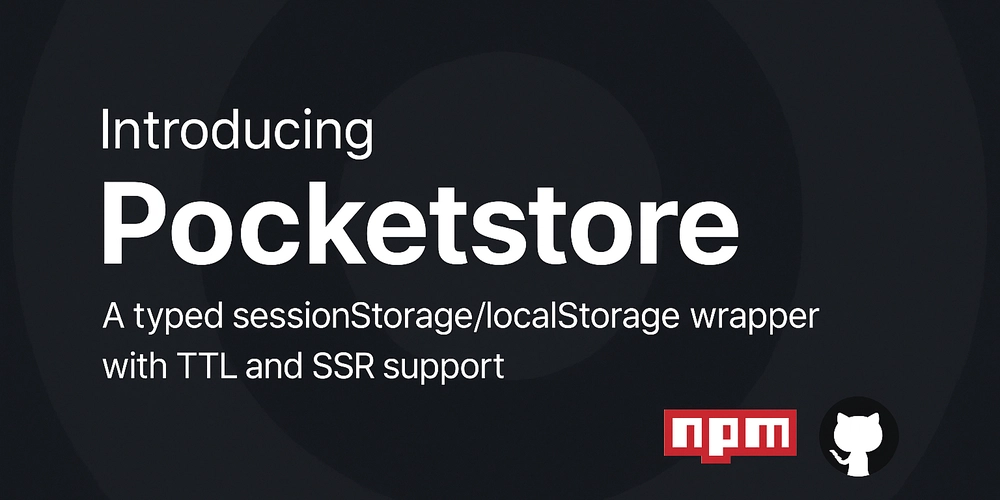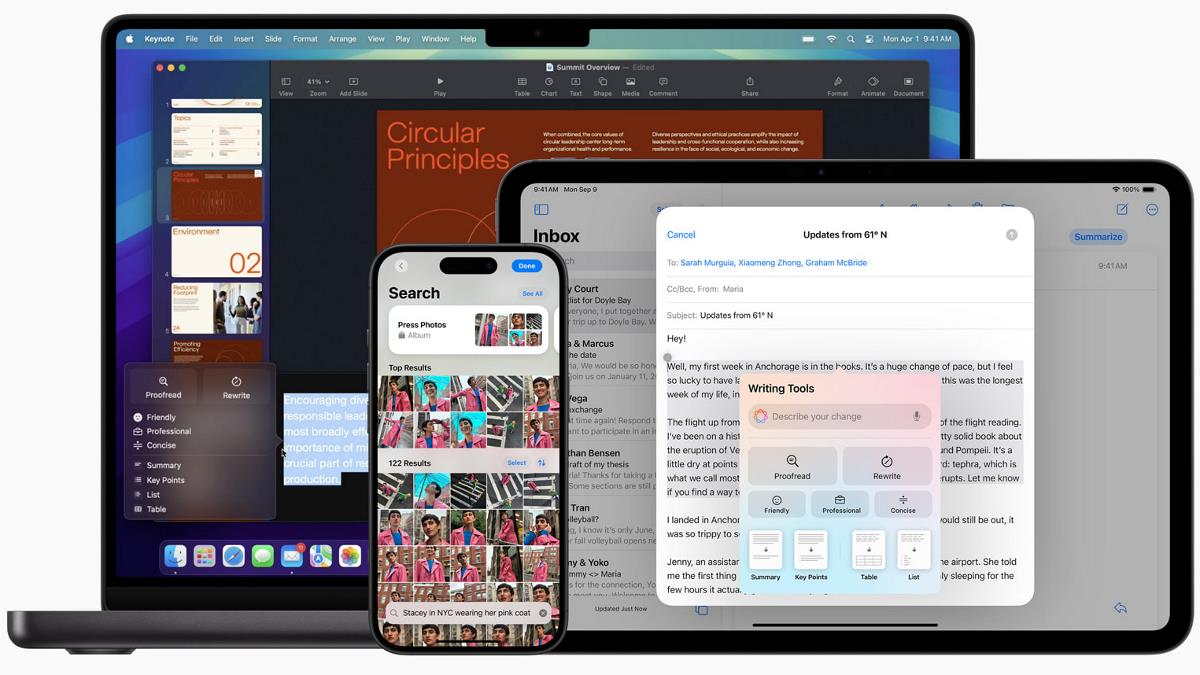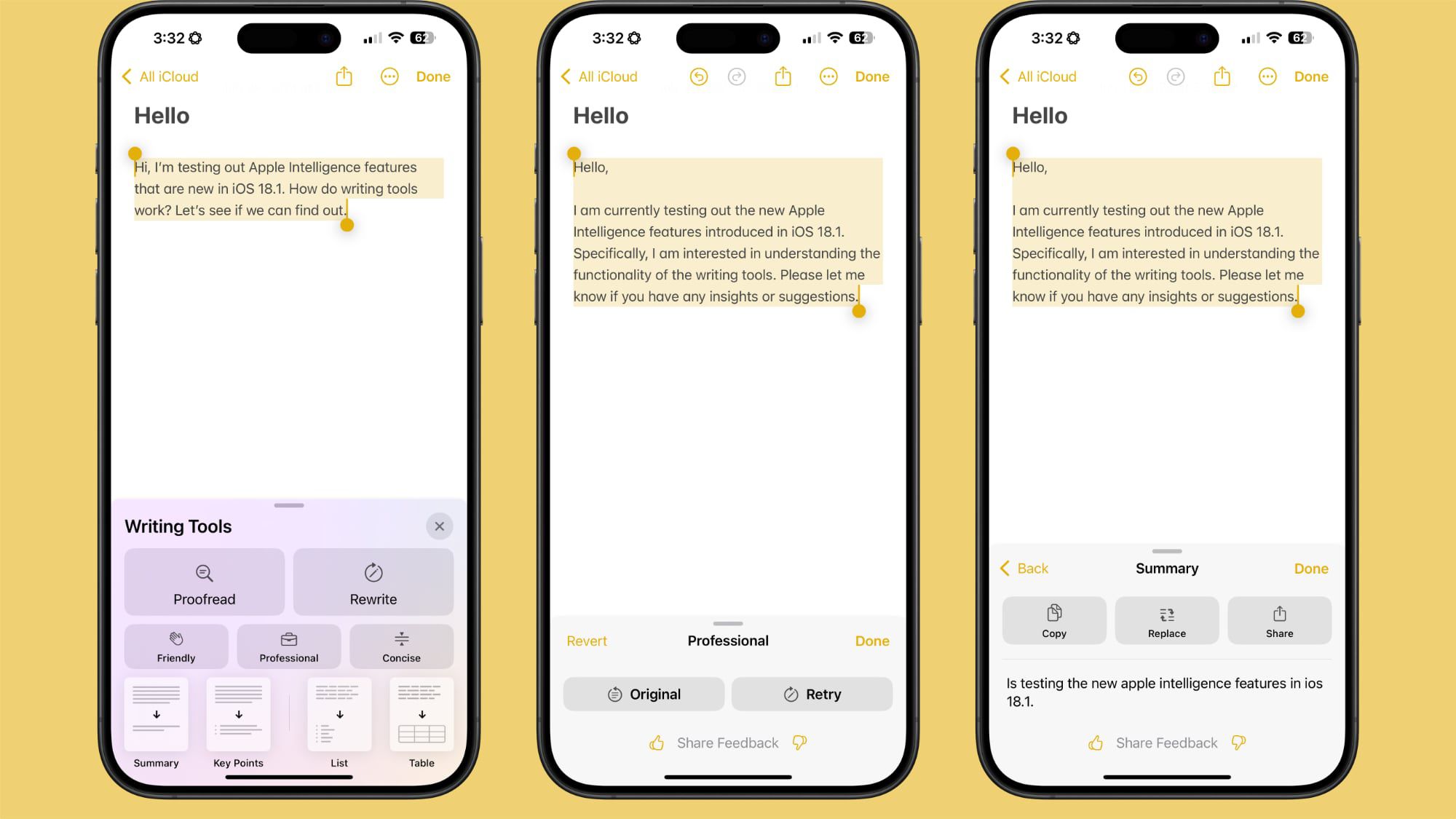How to Build a Winning Sports Betting App with Seamless Sportsbook API Integration
Creating a high-performing, user-centric sports betting app is no small task. It involves technical mastery, a deep understanding of the sports industry, and the ability to make real-time decisions based on live data.

The global sports betting industry is growing at a rapid pace, and mobile apps are at the forefront of this evolution. Users no longer want to place bets at physical sportsbooks—they expect seamless, real-time digital experiences right at their fingertips. This has created a huge opportunity for sports betting app developers to build high-performance platforms that combine advanced design, robust backend systems, and live sports data.
At the heart of a truly great betting app lies one key component: sportsbook API integration. It powers real-time odds, game data, player statistics, and even settlement outcomes. Without it, a sports betting app is little more than a static dashboard.
In this blog, we’ll break down exactly how developers can build a feature-rich, secure, and scalable betting app—one that’s ready to compete in this high-stakes industry.
Why the Sports Betting Market is Booming
The legalization of sports betting across various states and countries has led to explosive growth. According to market research, the global online sports betting market is projected to reach over $180 billion by 2030. With mobile phones being the preferred medium for bettors, sports betting apps have become essential for operators.
This is a huge opportunity for sports betting app developers, but it also comes with high user expectations. Bettors demand real-time odds, live match updates, clean interfaces, and rock-solid security. Meeting these demands requires strategic planning and a deep understanding of both technology and sports markets.
Planning the Core Features of Your App
Before diving into the technical integration, it’s crucial to define the feature set. Your app should not only support betting but also enhance the user’s overall experience. Here are the key features that most users expect:
-
Real-time odds and in-play betting
-
Live game stats and scoreboards
-
User registration, KYC, and wallet system
-
Bet slip with multiple market selections
-
Push notifications for match alerts and bet outcomes
-
Responsible gambling controls
-
Multilingual and multicurrency support
These features rely heavily on dynamic data and constant updates—which is exactly where sportsbook API integration comes into play.
What is a Sportsbook API?
A sportsbook API is a service that allows developers to fetch betting data such as:
-
Match schedules and results
-
Pre-match and in-play odds
-
Player and team stats
-
Market types and outcomes
-
Settlement data for bet results
Some advanced APIs also provide functionality like bet placement, bet cash-out options, and risk management tools. Whether you're a solo developer or a full-stack product team, choosing the right API is crucial to your app’s functionality and user retention.
Choosing the Right Sportsbook API Provider
There are many sportsbook data providers on the market, and each comes with its pros and cons. As sports betting app developers, your job is to identify the one that matches your app’s goals, audience, and budget. Some of the most popular sportsbook API providers include:
-
Betradar (by Sportradar): Comprehensive and widely used, with a huge range of sports and betting markets.
-
Betfair Exchange API: Perfect for developers targeting exchange betting.
-
Pinnacle Sports API: Known for accurate and low-margin odds.
-
DraftKings API: Focused on the U.S. market with DFS (Daily Fantasy Sports) options.
-
The Odds API / API-Football: Lightweight, easy to use, and good for getting started.
When evaluating providers, consider the following:
-
Latency: How quickly are odds and match data updated?
-
Coverage: Are all major sports and leagues covered?
-
Reliability: What’s the API’s historical uptime?
-
Compliance: Does the provider assist with legal requirements?
-
Pricing: Are there tiers based on usage, or is it pay-as-you-go?
Key Steps in Sportsbook API Integration
The process of sportsbook API integration goes far beyond simply calling an endpoint and displaying data. Here's a more detailed look at the technical process:
1. Authentication and Access Setup
Once you've chosen your API provider, you’ll be issued API keys and access tokens. Secure these using environment variables and never expose them in your frontend code.
2. Mapping and Structuring Data
Different APIs use different data models. You’ll need to map API responses to your app’s internal logic and database schema. Normalize this data to ensure consistency across your app.
3. Real-Time Updates
Use technologies like WebSockets, long-polling, or server-sent events to fetch live updates instead of traditional HTTP requests. This allows in-play betting to function smoothly.
4. Caching Strategies
Since odds can change rapidly, caching is important to reduce the load on your API calls. Tools like Redis or in-memory cache can be extremely helpful.
5. Fallbacks and Error Handling
API downtime or throttling can impact user experience. Always include fallbacks, retries, and error messages that inform the user without confusing them.
UI/UX Considerations for Sports Betting Apps
Great UX can significantly improve user engagement and retention. For betting apps, this means clarity, speed, and responsiveness. A cluttered interface or lagging odds display can frustrate users.
Best practices include:
-
Dynamic UI for In-Play Events: Make live betting visually engaging with animations, color changes, or odds highlights.
-
Easy Navigation: Keep the most-used features within one or two taps.
-
Localization: Support local languages and currencies depending on the user’s location.
-
Dark Mode Support: Many bettors use apps at night during games—dark themes reduce eye strain.
As sports betting app developers, investing in a sleek UI that reacts quickly to live data from your API is one of the most valuable things you can do.
Regulatory Compliance and User Security
Betting apps deal with sensitive information and financial transactions. You must implement:
-
End-to-End Encryption
-
Secure Payment Gateways
-
KYC (Know Your Customer) Verification
-
Age and Geolocation Verification
-
Data Protection (GDPR, CCPA)
Many sportsbook API providers also offer built-in tools to help with compliance, including age verification and responsible gambling modules. Use these to avoid legal trouble down the road.
Scaling Your App for Growth
Once your app gains traction, you’ll need to scale. Key areas to focus on include:
-
Load Balancing: Ensure your app can handle traffic spikes during big games or events.
-
Microservices Architecture: Separate key services (auth, betting engine, payments) to reduce single points of failure.
-
Monitoring Tools: Use tools like New Relic, Prometheus, or Grafana to monitor performance in real-time.
-
CDNs: Deliver assets (images, stylesheets) quickly with global content delivery networks.
Scalability is not a luxury—it’s a necessity. The better your API integration and infrastructure, the more effortlessly your app can grow.
Final Thoughts
Creating a high-performing, user-centric sports betting app is no small task. It involves technical mastery, a deep understanding of the sports industry, and the ability to make real-time decisions based on live data. For sports betting app developers, the cornerstone of this entire experience is sportsbook API integration.
Choosing the right API provider, handling real-time updates efficiently, securing user data, and designing an intuitive user experience—all these elements must come together to deliver an app that not only works but wins.
Whether you're building from scratch or enhancing an existing platform, the journey starts with understanding your users and integrating the right data sources.



![[Webinar] AI Is Already Inside Your SaaS Stack — Learn How to Prevent the Next Silent Breach](https://blogger.googleusercontent.com/img/b/R29vZ2xl/AVvXsEiOWn65wd33dg2uO99NrtKbpYLfcepwOLidQDMls0HXKlA91k6HURluRA4WXgJRAZldEe1VReMQZyyYt1PgnoAn5JPpILsWlXIzmrBSs_TBoyPwO7hZrWouBg2-O3mdeoeSGY-l9_bsZB7vbpKjTSvG93zNytjxgTaMPqo9iq9Z5pGa05CJOs9uXpwHFT4/s1600/ai-cyber.jpg?#)





































































































































































![[The AI Show Episode 144]: ChatGPT’s New Memory, Shopify CEO’s Leaked “AI First” Memo, Google Cloud Next Releases, o3 and o4-mini Coming Soon & Llama 4’s Rocky Launch](https://www.marketingaiinstitute.com/hubfs/ep%20144%20cover.png)









































































































































































































![Rogue Company Elite tier list of best characters [April 2025]](https://media.pocketgamer.com/artwork/na-33136-1657102075/rogue-company-ios-android-tier-cover.jpg?#)








































































.webp?#)
































































































![Here’s the first live demo of Android XR on Google’s prototype smart glasses [Video]](https://i0.wp.com/9to5google.com/wp-content/uploads/sites/4/2025/04/google-android-xr-ted-glasses-demo-3.png?resize=1200%2C628&quality=82&strip=all&ssl=1)














![New Beats USB-C Charging Cables Now Available on Amazon [Video]](https://www.iclarified.com/images/news/97060/97060/97060-640.jpg)

![Apple M4 13-inch iPad Pro On Sale for $200 Off [Deal]](https://www.iclarified.com/images/news/97056/97056/97056-640.jpg)





























































































































